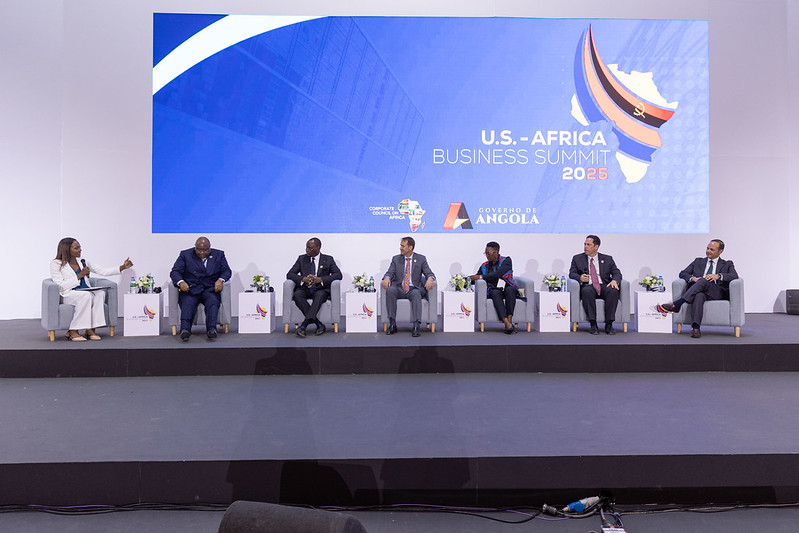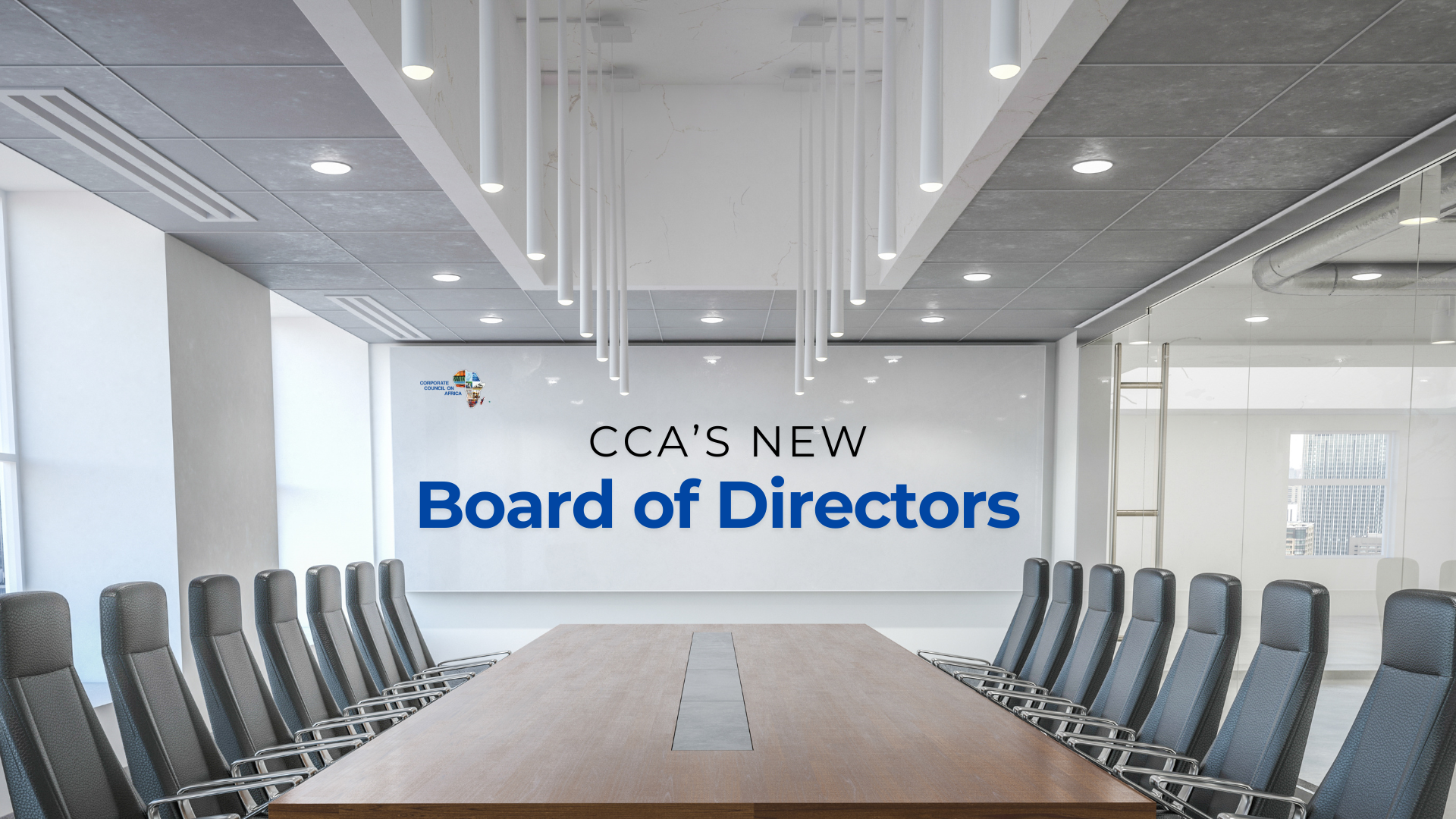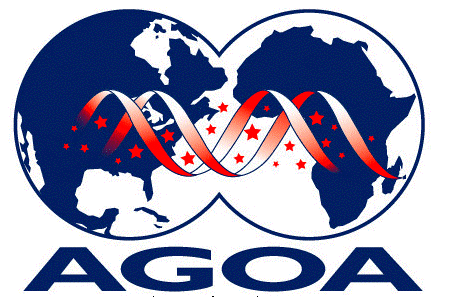Plenary: Lobito Corridor: Strengthening Partnerships for Africa's Infrastructure Future - Part 2

Moderated by Jennifer Zabasajja, the session opened with a striking reminder: “We need absolutely the peace” words that set the tone for a conversation that reached far beyond infrastructure into the heart of Africa’s development ambitions. Without peace, he warned, even the most ambitious corridors—like Lobito—are just lines on a map. But with peace, those lines become lifelines: linking coastlines, crossing borders, creating opportunity. The Lobito Corridor, and others like it, were not presented as endpoints but as the beginning of something deeper; a connected, interdependent Africa.
This wasn’t a conversation rooted in abstraction. It touched the ground on bumpy, disconnected rail lines, on seventeen-hour flights across neighboring countries, on small businesses struggling to trade because language and access still divide them. Samaila Zubairu challenged the status quo: “All the lines are disconnected.” Mfikeyi Makayi took it further, asking how we can empower everyday traders to use the African Continental Free Trade Area if they can’t speak to one another or move their goods with ease. “How do we enable that education for people across borders to trade?” she asked, pointing to the urgency of multilingual learning and SME inclusion.
Speakers like Brian Kelly and André Duarte Figueira expanded the vision—emphasizing that electrification, legal frameworks, and investment must evolve together to support sustainable growth. “We cannot develop them in isolation like fifty to a hundred years ago,” one panelist noted. There was a shared understanding that roads, rails, and policies must serve not just commerce, but communities. As the session drew to a close, the message resonated: Africa is not simply building infrastructure—it is building a future, and every bridge, rail, and corridor must carry its people with it.

.png)

